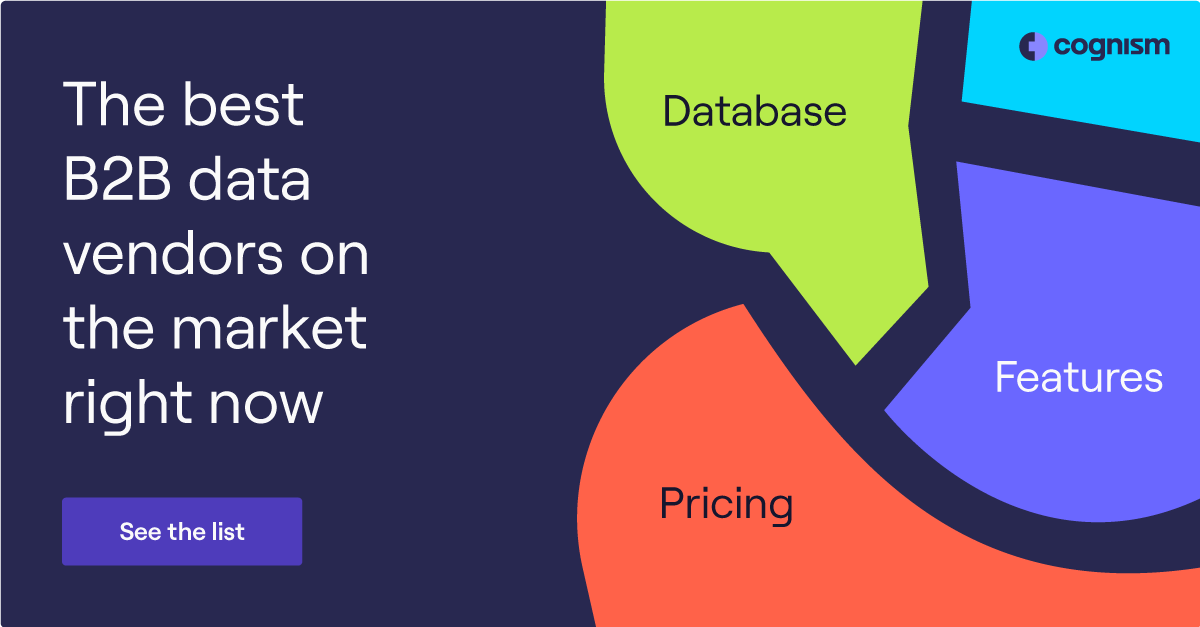Why Your Service Should Take Into Consideration a Managed Database Provider
Wiki Article
Trick Features to Seek When Selecting a Data Source Service Provider
Picking a database company is a critical choice that can significantly impact your company's operations and data management method. Amongst the important attributes to consider are scalability options, which make sure that your system can adjust to growing demands. Safety measures, performance metrics, and client assistance additionally play pivotal roles in this examination procedure. As you consider these factors, it becomes obvious that the selection is not just about functionality but likewise regarding straightening with your lasting vision. What various other factors to consider might influence this important decision?Scalability Options
When choosing a data source company, comprehending scalability choices is important to guaranteeing that the chosen solution can accommodate future development. Scalability describes the capability of a database system to expand its capacity and efficiency in action to enhanced demand. There are two key kinds of scalability: vertical and horizontal.Vertical scalability, or "scaling up," entails boosting a single server's sources, such as CPU, RAM, or storage. This approach can be straightforward and cost-efficient for smaller applications but might get to a limit where further upgrades are unwise or as well pricey.
Horizontal scalability, or "scaling out," entails adding more web servers to distribute the lots. This technique permits better versatility and can accommodate substantial increases in information volume and customer traffic (database provider). It is specifically helpful for cloud-based database options that can dynamically assign sources based on need

Security Actions

When assessing safety and security measures, consider the execution of security procedures (database provider). Data-at-rest and data-in-transit file encryption are vital to guarantee that sensitive details stays secured, even in case of a protection violation. Additionally, look for providers that supply strong authentication devices, such as multi-factor authentication (MFA), to further boost gain access to control
Regular protection audits and conformity with industry criteria, such as GDPR or HIPAA, are a sign of a service provider's dedication to data defense. Moreover, inquire concerning their event feedback plan; a durable plan can decrease the effect of any prospective security occurrence.
Performance Metrics
Examining performance metrics is necessary for organizations to make sure that their chosen database carrier satisfies functional requirements. Secret efficiency metrics include action throughput, scalability, and time, which jointly identify the performance of data source operations under varying lots.Response time is vital, as it mirrors how rapidly the data source can refine queries and return results. Organizations ought to seek metrics that show average reaction times throughout optimal and off-peak hours. Throughput, often determined in deals per 2nd (TPS), supplies insight right into the data source's ability to handle high volumes of requests without performance destruction.
Scalability examines the database's ability to grow with the organization's requirements. A robust database supplier need to show horizontal and vertical scaling capabilities, permitting seamless adjustments as demands fluctuate. Additionally, understanding latency, particularly in distributed systems, can help organizations evaluate the responsiveness of the database throughout various geographical areas.
Client Support
Dependable customer support is a keystone of efficient database management, giving companies with the support needed to settle problems and enhance performance. When picking a database service provider, reviewing the degree of customer assistance they provide is important. A durable support system should consist of multiple networks of communication, such as phone, e-mail, and live chat, making certain that individuals can access help whenever they require it.Additionally, receptive support groups that are available 24/7 considerably enhance the integrity of the database solution. Prompt action times and effective resolution of problems can significantly minimize downtime and boost general performance. It is likewise useful to consider the schedule of dedicated support employees, who can use customized assistance based upon a company's specific requirements.

Pricing Framework
When considering a data source provider, the prices framework is an essential factor that can substantially influence an organization's spending plan and overall method. A versatile and clear pricing design is essential for lining up the data source database provider costs with company demands - database provider. Organizations should assess whether the rates is based on consumption, per individual, or a level price, as each model can produce various economic implications in timeIt is essential to analyze any type of extra prices related to the service provider's services, such as information storage space charges, deal prices, and assistance costs. Some service providers may use tiered prices, permitting scalability as the company expands, while others could enforce strict limits that could become expensive as data demands enhance.
Additionally, companies must take into consideration the lasting worth of the data source option. While reduced preliminary costs can be attractive, they might not represent future upgrades, maintenance costs, or integration prices. Conducting a complete cost-benefit evaluation will certainly aid identify the most suitable rates framework that stabilizes efficiency, scalability, and support, eventually guaranteeing that the selected data source provider straightens with the company's functional and monetary goals.
Conclusion
In conclusion, choosing a data source service provider demands careful consideration of additional reading numerous crucial functions. Evaluating performance metrics allows the recognition of efficient databases, and obtainable customer support improves the total user experience.Choosing a data source provider is a vital choice that can significantly impact your organization's procedures and information management technique.When choosing a data source carrier, understanding scalability options is important to making sure that the picked remedy can suit future development. When selecting a database service provider, examining the degree of client support they provide is necessary.When taking into consideration a data source carrier, the rates framework is a crucial variable that can dramatically influence a company's spending plan and general method. Carrying out a complete cost-benefit evaluation will help identify the most suitable rates framework that balances assistance, scalability, and efficiency, eventually guaranteeing that the selected data source supplier lines up with the organization's economic and functional purposes.
Report this wiki page